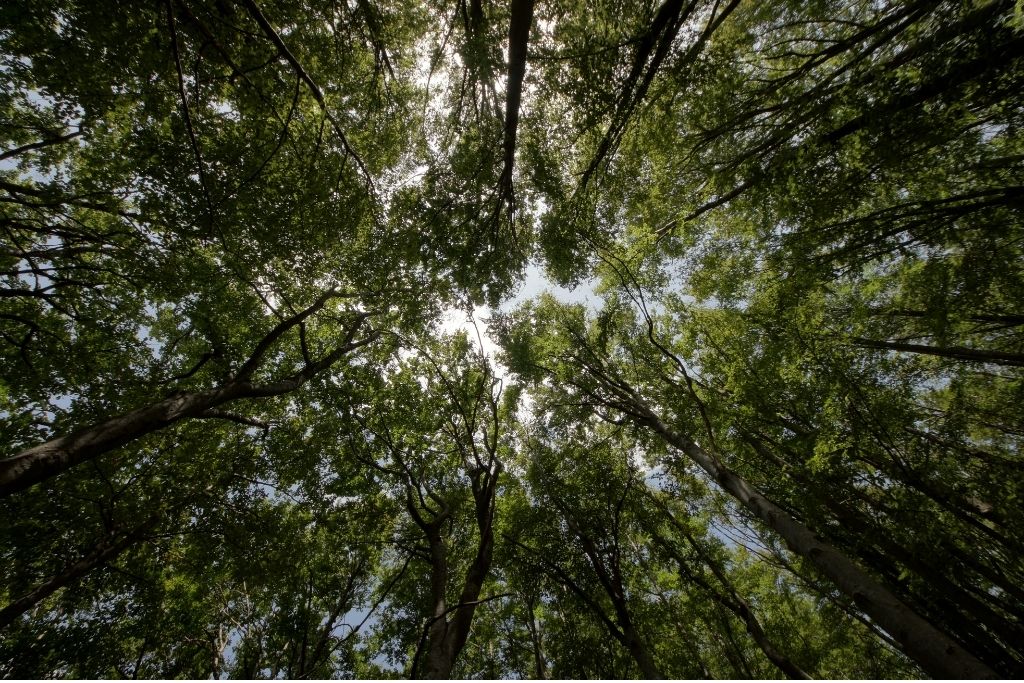Tropical forest do more than just carbon sequestration; they are cooling the planet when water evaporates from soil and their leaves.
—
The world’s forests play a far greater role in combating the climate crisis than previously thought and have a great influence on local and global climates in a variety of ways, according to new research.
It’s been long understood that forests have the ability to absorb and store carbon dioxide, a key function in fighting climate change amid rapid growth of human-induced greenhouse gas emissions. Forest carbon sequestration around the world has helped absorb 29% of anthropogenic carbon dioxide every year, helping keep global temperature rise to under 1.1C.
A new study in the journal Frontiers in Forests and Global Change, however, found that there’s more to forests than simply carbon sequestration; they interact with the atmosphere to help keep the air – and subsequently the Earth’s surface – cool.
“Forests are not just carbon sponges. They – their physical structure – interact with the atmosphere to cool the surface of the Earth,” said Deborah Lawrence, an environmental scientist at the University of Virginia and the lead author of the paper.
The physical structures of trees shift heat from the ground when water evaporates in a process called evapotranspiration, akin to natural air conditioning. Deep roots, efficient water use and forest canopy roughness can keep heat away from the surface (where people and ecosystems are) and mitigate the impact of rising temperatures.
Forests have helped keep the planet at least 0.5C cooler, a monumental figure given that every 0.1C matters, with the band of tropical rainforests spanning from Brazil and Guatemala to Chad, Cameroon and Indonesia, having a cooling effect of more than 1C. Overall, the study found that forests in Latin America, central Africa and south-east Asia generate the most local and global benefits.
You might also like: How Does Deforestation Affect the Environment?
The latest report by the Intergovernmental Panel on Climate Change found global warming to be pushing humanity beyond the limit of climate adaptation, adding that forests are important to mitigation and adaptation as they can protect humans from droughts, heat and floods. But rampant deforestation threatens all the climate and carbon benefits that forests bring. Because of its biophysical effects on the atmosphere and carbon sequestration, forest loss would immediately lead to extreme heat increases locally and reduce regional and local rainfall.
“Despite the mounting evidence that forests deliver myriad climate benefits, trees are still viewed just as sticks of carbon by many policymakers in the climate change arena,” said Louis Verchot, principal scientist at the International Center for Tropical Agriculture (CIAT) and co-author of the study. “Forests are key to mitigation, but also adaptation.”
As the carbon offset market faces growing scrutiny and criticism, the new finding further raises the question as to how to account for their climate impact and worth in a carbon market. “Clearly, the value of climate stabilisation by tropical forests is under-valued,” according to Lawrence.


















